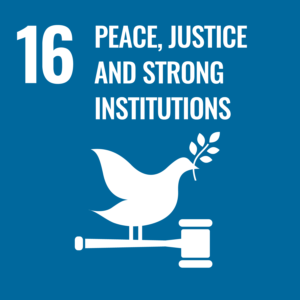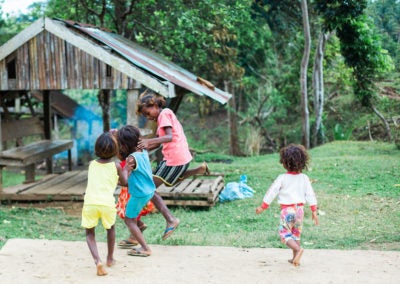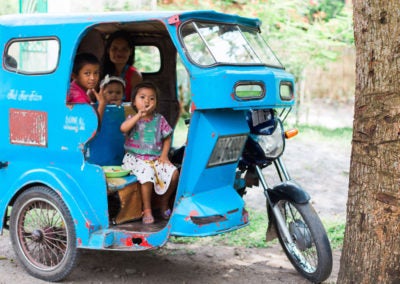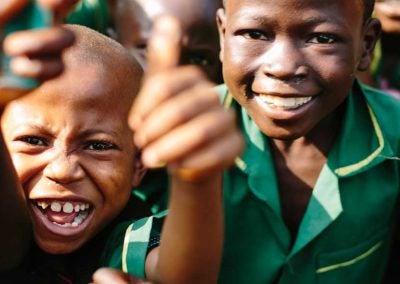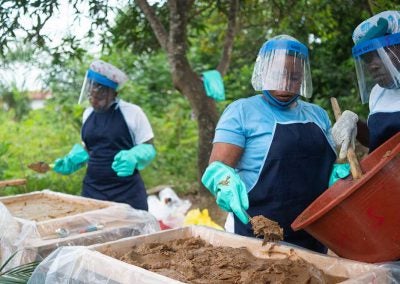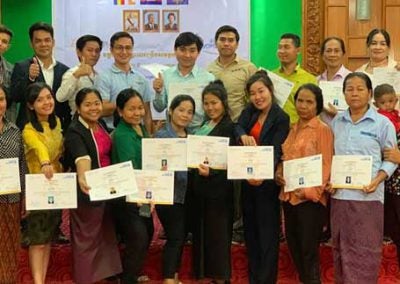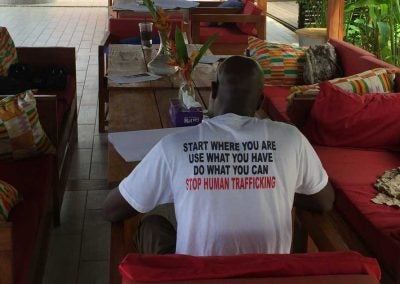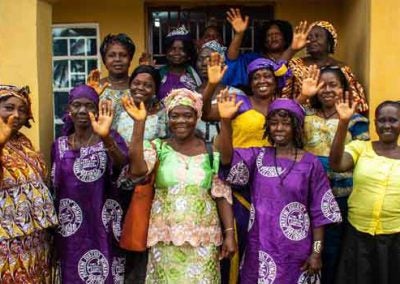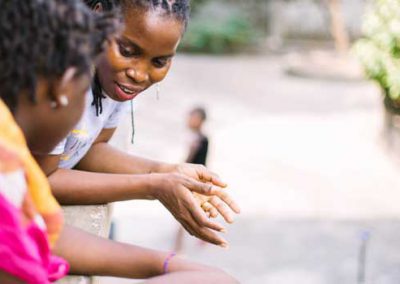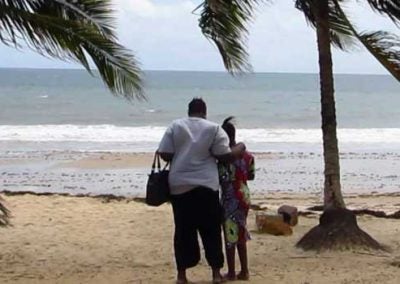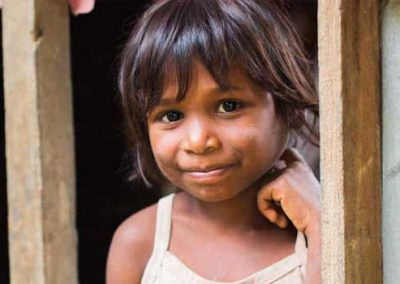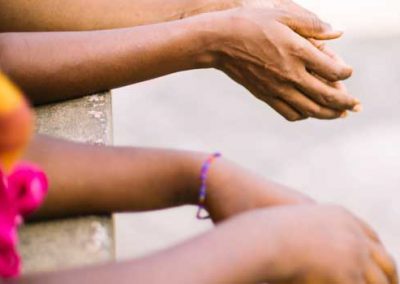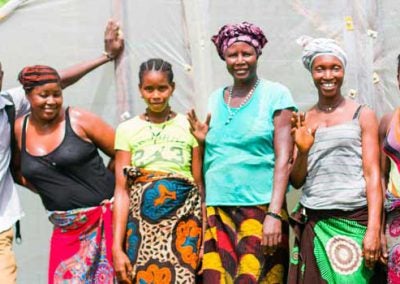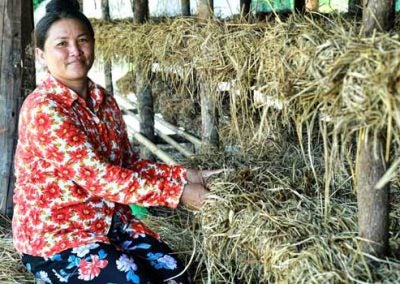Enhancing Trafficking in Persons Victim Services Program
Operating Liberia’s first governmental anti-trafficking hotline and providing short-term emergency shelter, holistic case management, and reintegration assistance for survivors
Project Information
Resources
- Related blogs
- Front Page Africa news article: Liberian Government Launches National Anti-Trafficking Hotline
- Liberian Observer news article: World Hope Int’l Embraces Anti-Trafficking Hotline
- WHI Press Release on Hotline
Preventing, Identifying, Protecting, and Responding
The 14 years of civil war that ravaged Liberia at the turn of the century ended in 2003, but the culture of sexual and gender-based violence (SGBV) popularized as a weapon of war by fighting forces endured.
Despite being the first African country to elect a woman president, women and girls in Liberia remained susceptible to abuse in nearly all aspects of life and Liberia continues to be a source, transit, and destination country for vulnerable men, women, and children subject to human trafficking.
At the time of this project’s launch, rural populations were limited in their exposure to anti-TIP awareness campaigns, leaving many Liberians unaware of their rights or how to protect themselves and their families from falling victim to slavery. Authorities and community members were also limited in their capacity to identify trafficking when it occurred, and a lack of access to appropriate social welfare services precluded survivors from receiving recovery support, leaving them vulnerable to re-victimization.
That’s why World Hope and the Government of Liberia established a National Trafficking in Persons (TIP) Hotline in 2014. The hotline provided the opportunity to identify labor and sex trafficking survivors or at-risk persons, refer them to services, and build preventative measures, and inform the development of the National Referral Mechanism (NRM) and Standard Operating Procedures for TIP survivors. World Hope also supported a short-term emergency shelter and provided holistic case management and reintegration assistance for survivors.
The Government finalized the NRM to direct survivors towards services in November 2018, although the US State Department’s 2019 Anti-Tip Report notes that it still needs to be formally endorsed in order to be implemented.
Project Goals
- To enhance TIP survivor protection in Liberia
- To increase TIP prevention in Liberia
- To support the institutionalization of a National Referral Mechanism (NRM) in Liberia
Expected Outcomes
- Launch of a National TIP Hotline
- Develop a National Referral Mechanism and Standard Operating Procedures
- Provide short-term emergency shelter, holistic case management and reintegration assistance for up to 50 TIP victims
“World Hope International has a longstanding history with Liberia having first started working in the country in 1997.
Since then, we have taken on leadership in educating the public and training law enforcement officials, lawyers, and others to strengthen efforts to combat human trafficking in Liberia and we hope that hope the hotline will increase reporting of human trafficking cases in the country.”
ENHANCED SURVIVOR PROTECTION
Through this initiative, WHI also supported short-term, emergency shelter, and holistic case management and reintegration assistance in order to enhance survivor protection
INCREASED TIP AWARENESS
In order to prevent additional cases of TIP, World Hope further worked to raise awareness of human trafficking in Liberia through person-to-person outreach in villages as well as by utilizing radio call-in shows.
EDUCATIONAL ROUNDTABLES
The project further supported the institutionalization of a National Referral Mechanism by holding Educational Roundtables (ERTs) that brought together key officials to develop and promote Standard Operating Procedures (SOP) for the identification and referral of survivors to services. These can serve as a protocol for response to potential TIP cases.
REFERRAL RESOURCE
As a referral resource of potential survivors for law enforcement and NGOs, the TIP Hotline also supported members and agencies of the Liberian Government as they worked to implement the National Action Plan and Strategy to Combat Trafficking-in-Persons, as well as develop and implement Standard Operating Procedures (SOP).


